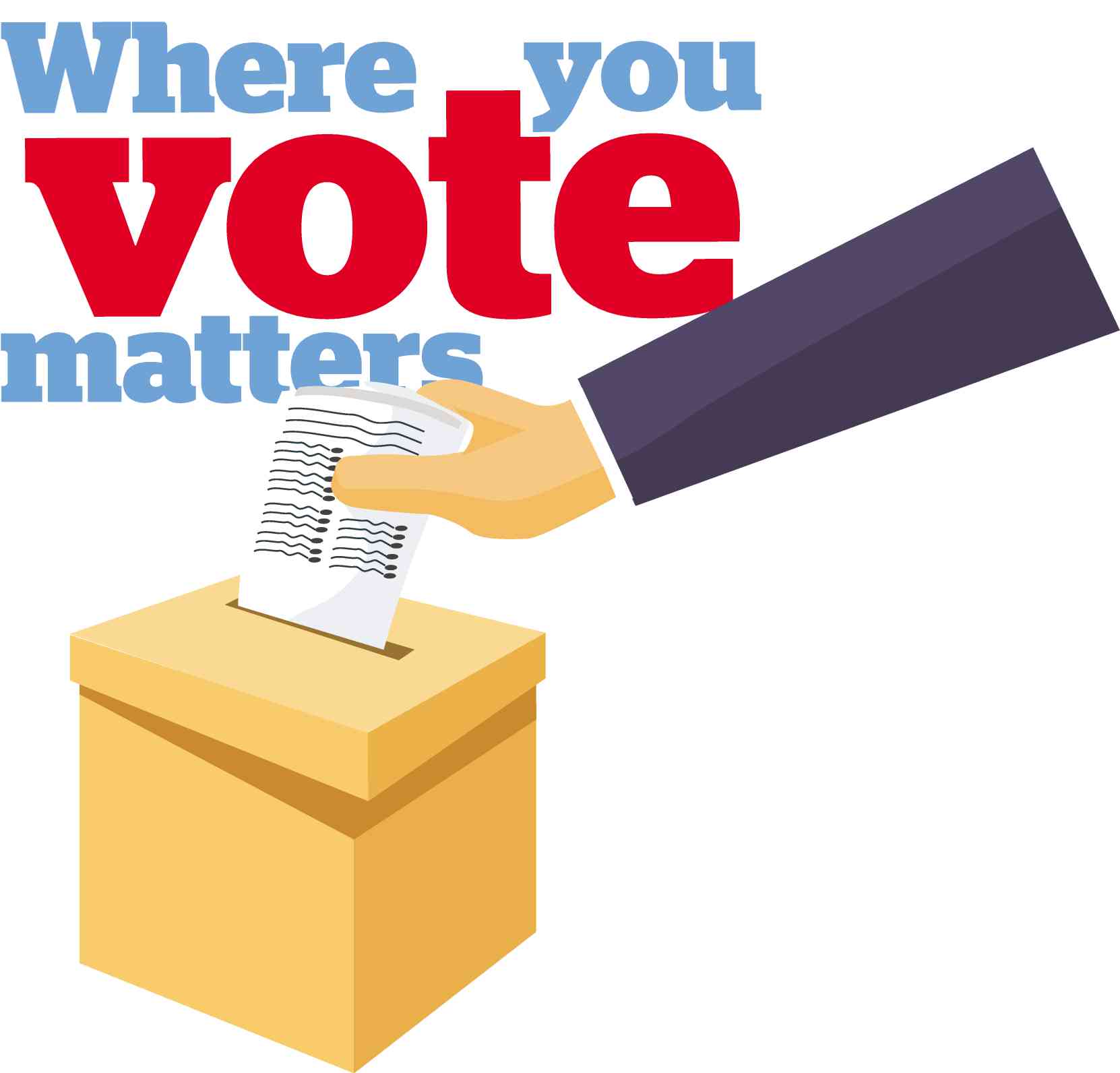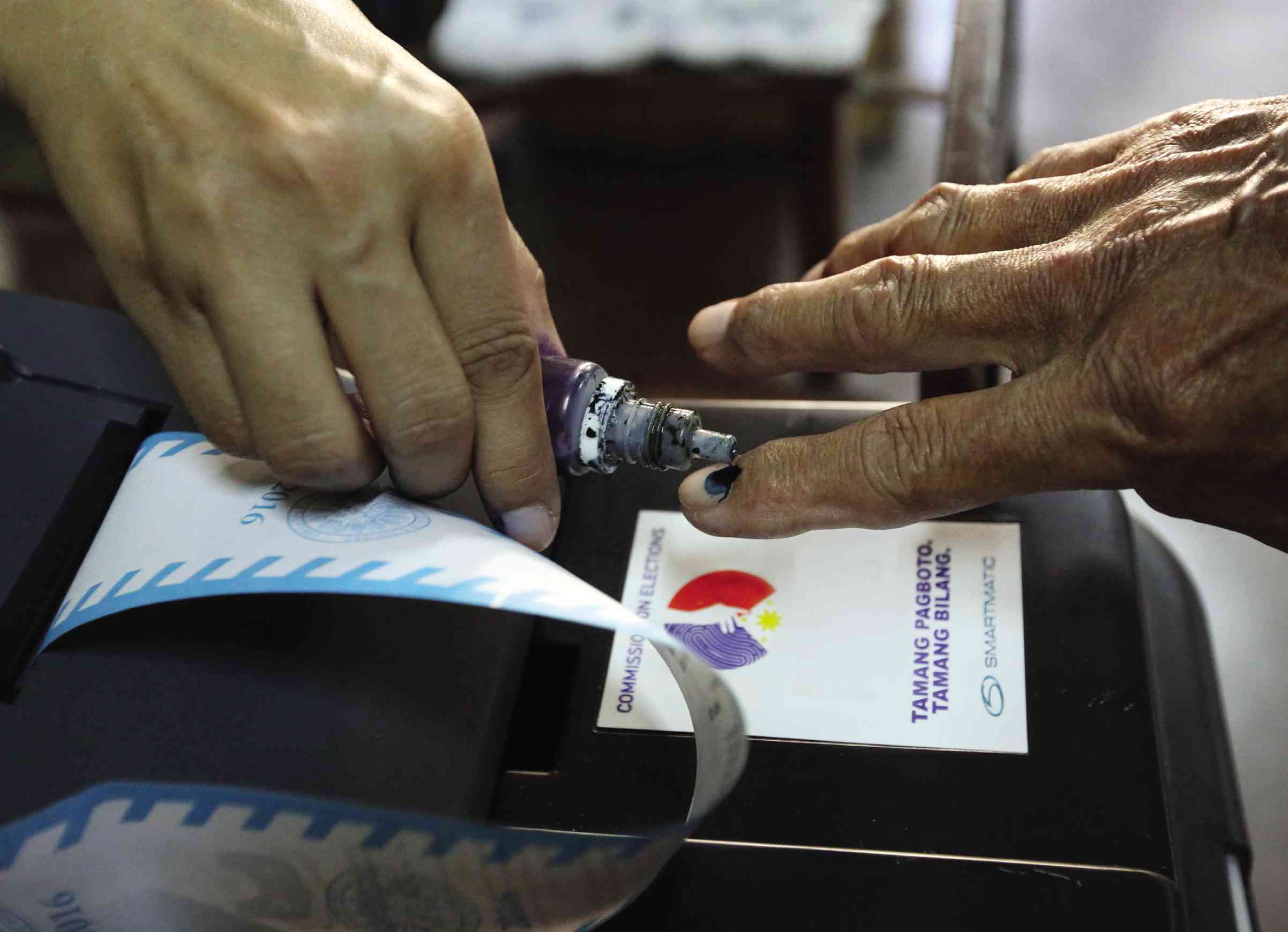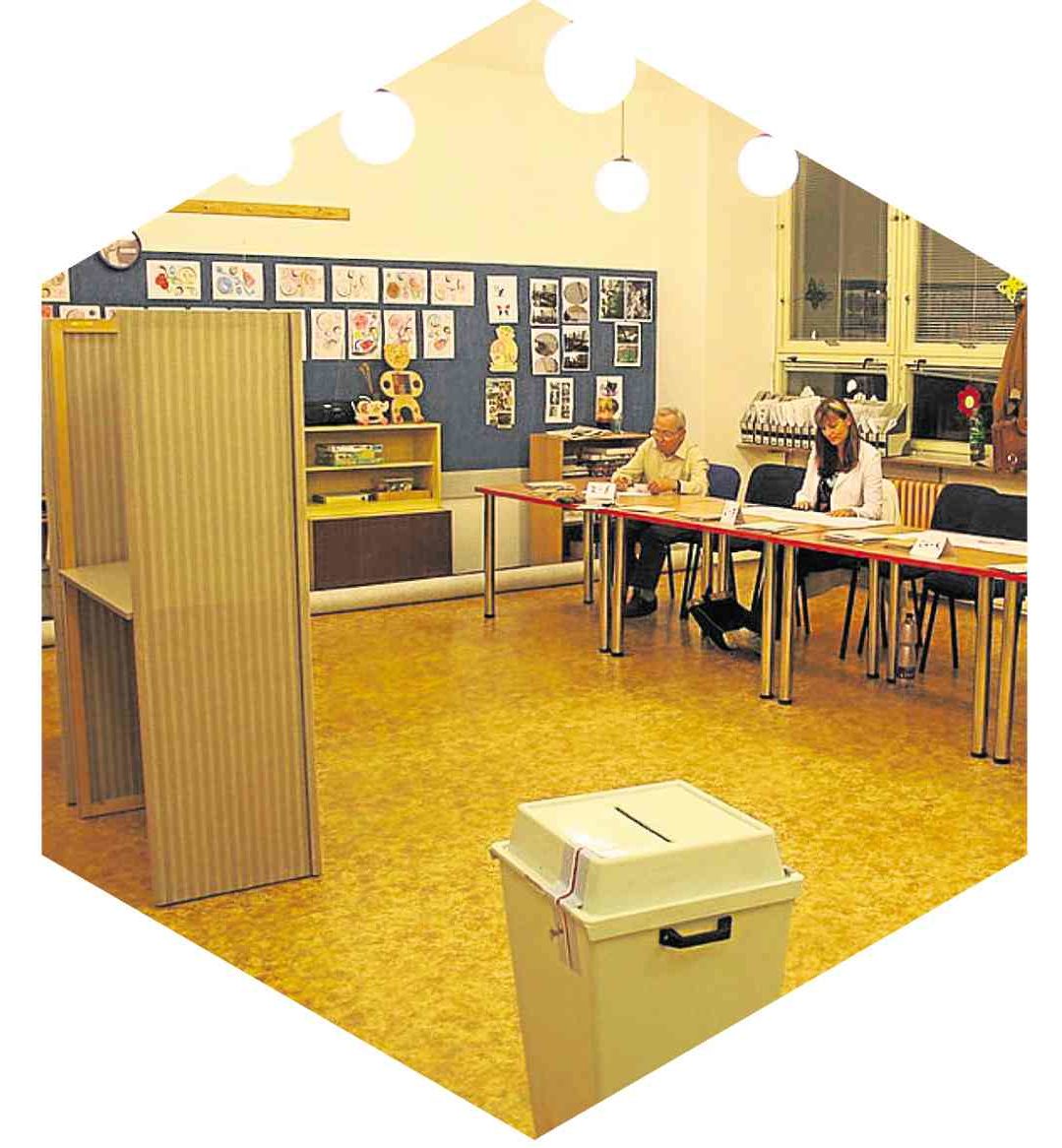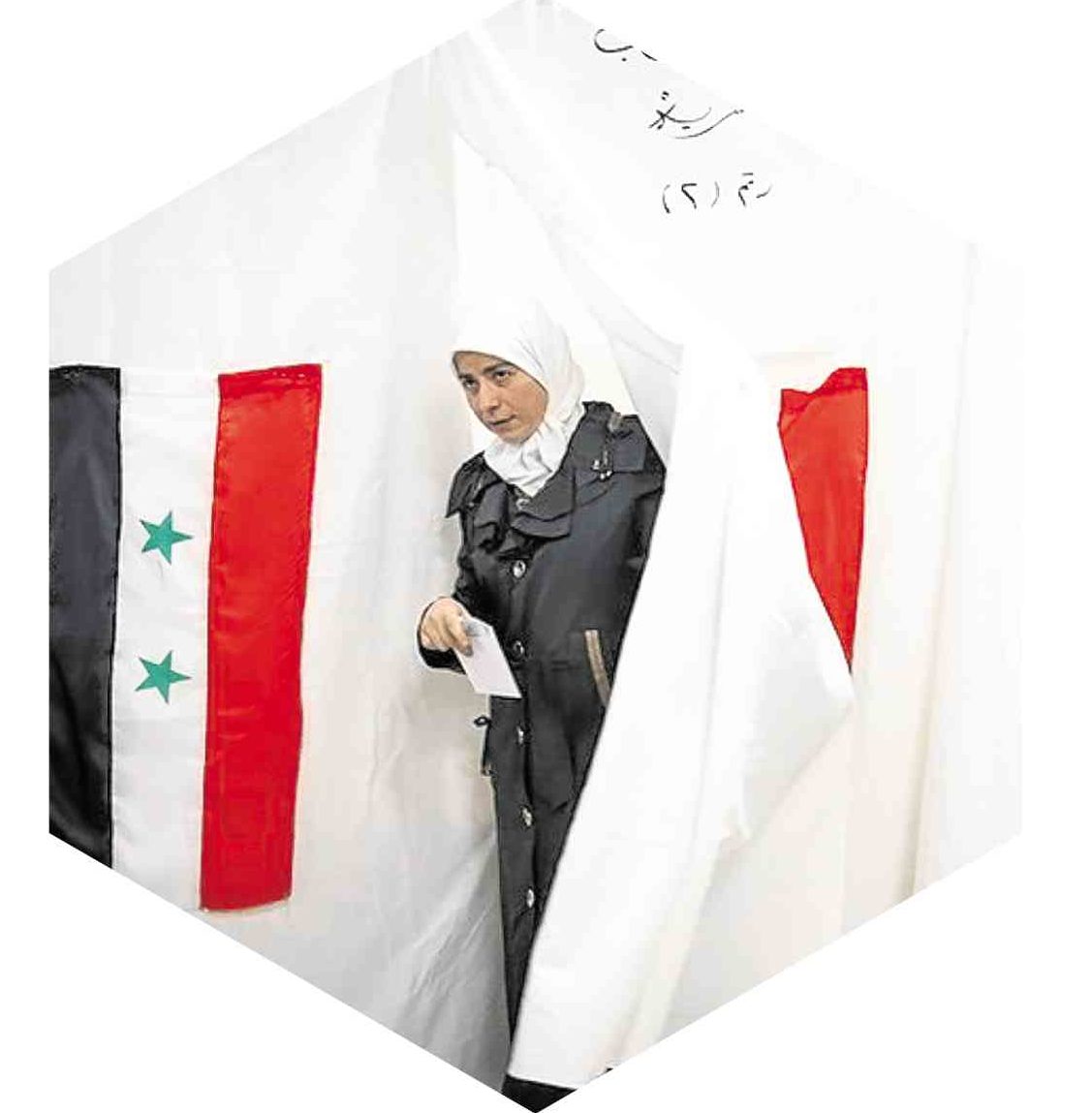Where you vote matters
Did you know that your polling center may actually affect who you vote for?
Studies have shown that people may be swayed by the environment of their polling stations. Beyond its temporary nature, a polling station serves an important purpose: to provide a safe haven for people to choose their future leaders.
In the Philippines, elections are often held in schools. Everywhere else in the world, they are held in churches, sports halls, and even private homes.
Polling stations thus do more than just hosting elections. They play a huge role in determining a country’s future. Let us take a look at how they have made their mark in elections across the world in history.
Venues of ancient elections
The Greeks were some of the earliest civilizations who held elections. As depicted in some of their ancient artworks, they chose their leaders by dropping pebbles into specific urns. The Greek word for pebble is psephos, which has given birth to psephology or the study of elections.
Elections were held in assemblies, or open-air auditoriums. Besides elections, these venues also hosted important events such as a war declaration and discussions of military strategies.
The most famous of these gathering halls was the Ecclesia, which served as the principal assembly during the Golden Age of Greece. It was located at the Pynx, west of the Greek Acropolis, and was said to have hosted 40 assembly meetings every year. Everyone beyond the age of 18 was allowed to vote in the Ecclesia during ancient Greek times. Beyond a place for elections, the Ecclesia played an important role in Greek and world history. It gave birth to political democracy.
Suffrage sites around the world
In America, some of the earliest elections were held in town halls or courthouses. People stated their votes instead of writing them down in ballots. A voter casts his vote in front of a judge and the Bible.
Politicians were free to campaign in front of the election venue but everyone could only vote once. This method protected against fraudulent stuffing of ballot boxes, but people had no privacy in casting their choices. This style of voting was used in Missouri until 1863.
Nowadays, US elections are held in various places, where people vote with paper ballots or electronic ones. Places such as schools, churches and fire stations are common polling places. Unique venues include a bowling alley, a columbarium, a grocery store and a fast food restaurant.
In Europe, polling places also range in building type.
Common locations are similar to the ones in the US. It has been recorded, however, that people have voted in private homes, windmills, train stations and even in a festival.
Many European countries vote via manual ballots but Estonia, one of the most advanced nations of the Union, offers online voting. People in the said country can literally vote in the comfort of their own bedrooms.
In places where literacy can be a challenge, governments host unique elections. In particular, some polling stations in Gambia instruct citizens to vote by dropping marbles into metal drums which are color coded.
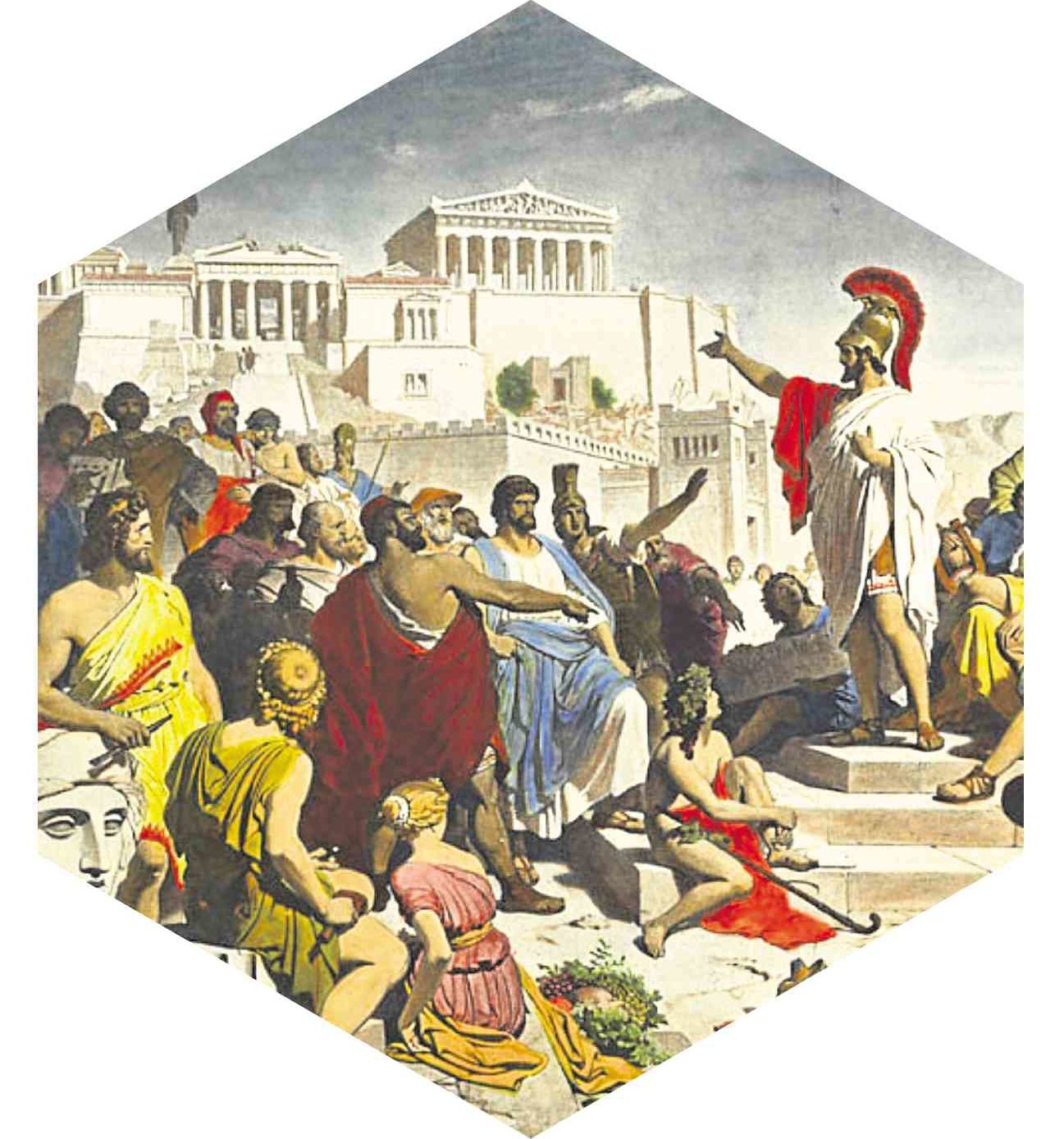
A painting by Philipp Foltz (below left) shows Perciles, a prominent Greek orator, in one of the ancient civilization’s public asssemblies.
Each drum is fitted with a bell, which sounds off once a vote has been cast. If the bell dings more than once, poll watchers are immediately notified that someone has cheated.
Despite the simplicity of this method, it is surprisingly difficult to rig a marble-based election.
Asia offers polling stations, which consider the religious and cultural traditions of citizens.
In India, modern elections offer “pardanasheen booths” for veiled Muslim women who want to vote comfortably. These booths are only staffed by female personnel to allow the Muslims to lift up their veils when requested to verify their identities. In Israel and Pakistan, traditional communities separate male and female voters.
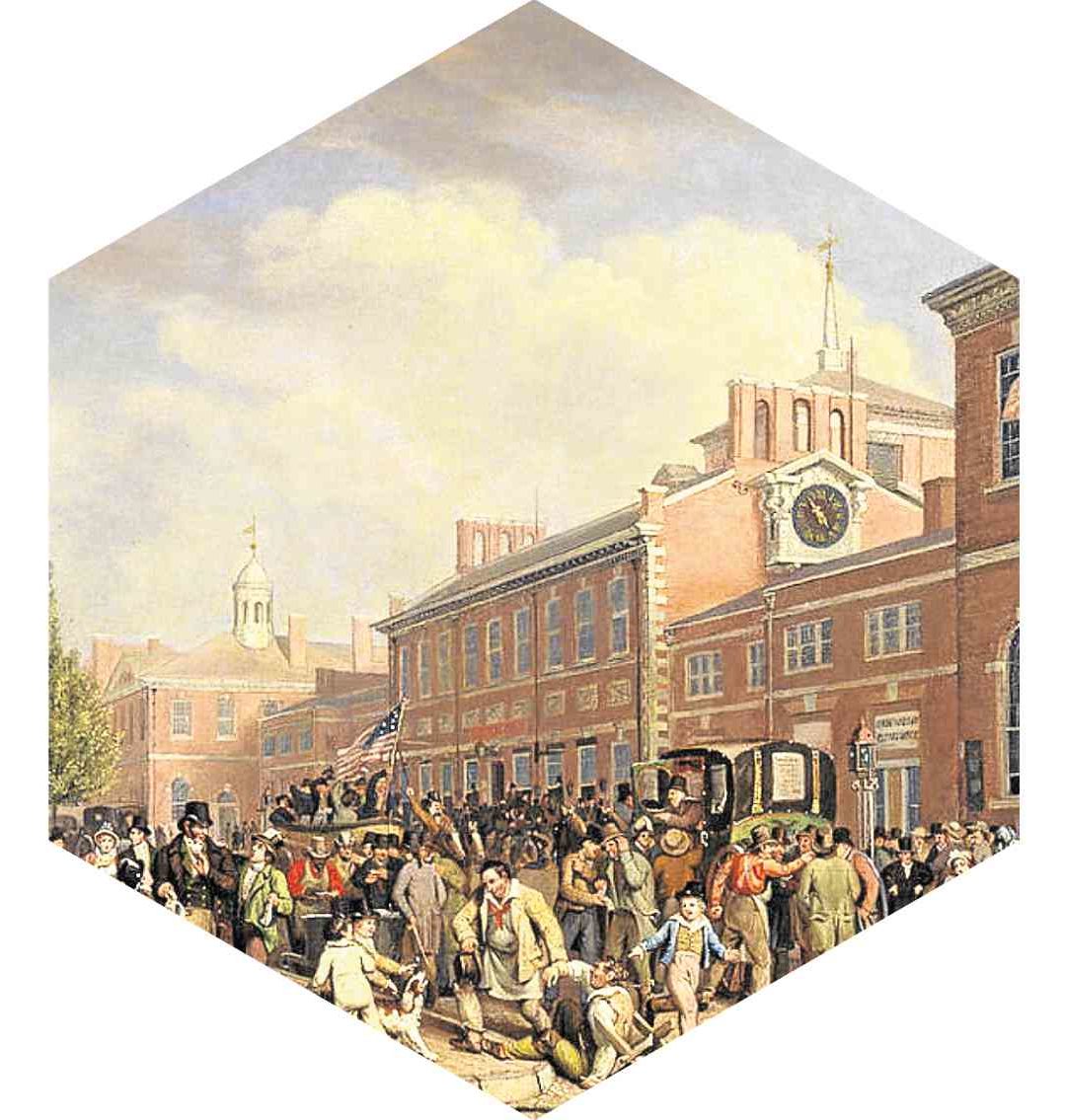
A painting by John Lewis Kimmel shows election day in 1815 Phildelphia which was set in a statehouse.
How polling centers affect the vote
The location of polling stations receives little attention during elections, but there have been studies that suggest they influence people making last minute decisions. Researchers from the Stanford Graduate School of Business discovered that people were more likely to support politicians campaigning for better education if elections were held in schools.
People who voted in churches were more likely to abstain from supporting liberal ideas such as stem cell research, things that churches traditio-nally don’t favor. In short, people tend to support political platforms which improve environments they experience.
Polling centers also tend to produce higher voter turnout if the centers were assigned near voters’ daily activities. In Larimer County, Colorado, voter turnout increased after poll centers were designated near places of work, shopping or recreation instead of residences. Voters were allowed to elect officials at any polling station, provided that they use the ballot specific to their address. This led to an increased number of voters the year it was implemented.
Overall, place actually plays a big part in politics. During an election, polling centers can make or break votes. It also influences people’s decisions to vote and who to vote for.
So this coming election, when you arrive at your polling center, take a moment to appreciate the preparation behind it. Though it may be a temporary facility, it contributes directly to our nation building.
Give simple polling stations the honor they deserve by voting honestly. Your vote matters. Make it count toward the better.
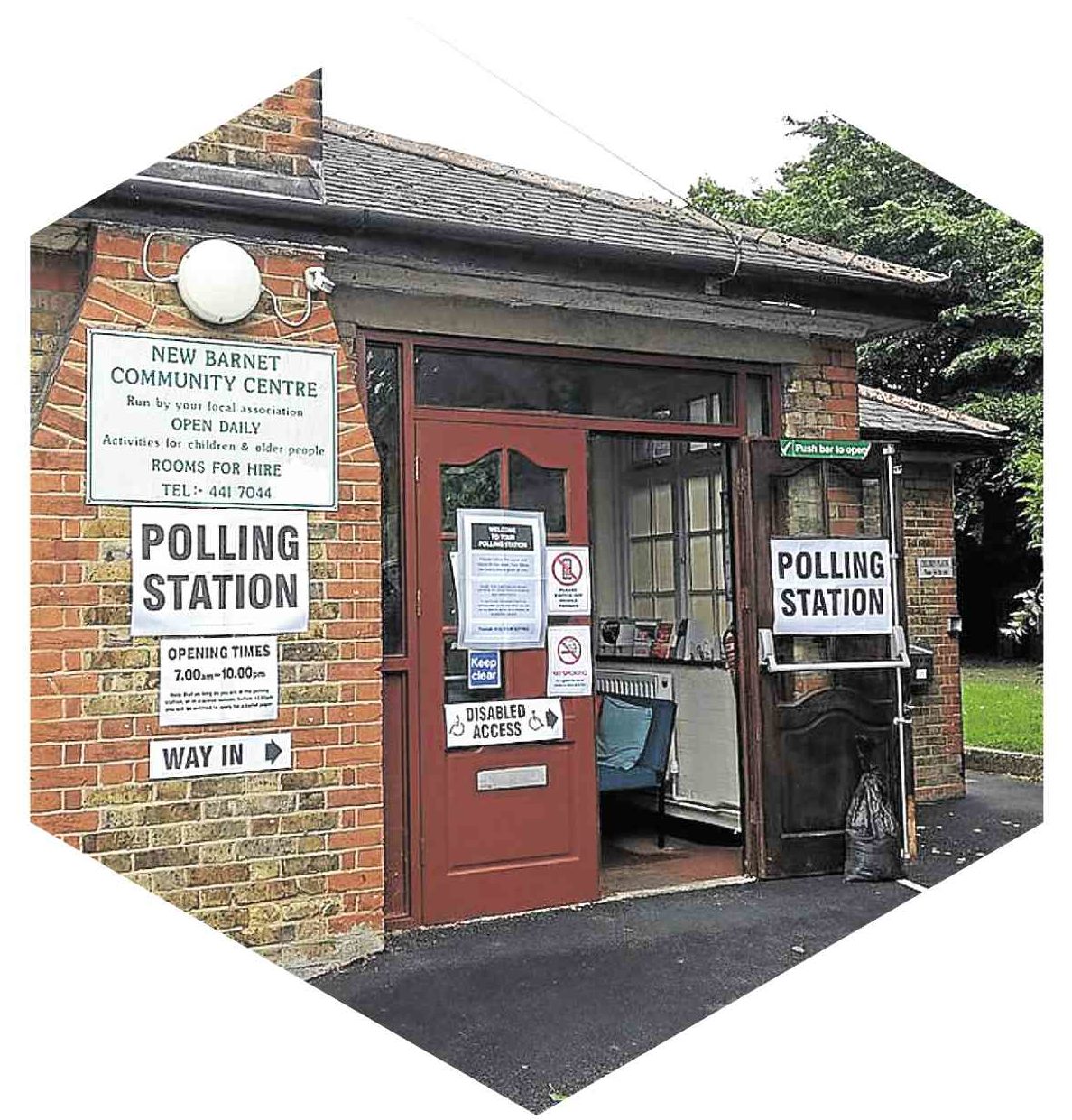
In places such as London, unique areas, such as this community center (above right), can turn into polling stations.
Sources: Image by InspiredImages from Pixabay Image by Hosein Zohrevand via Wikimedia Commons, Jirí Sedlácek – Frettie via Wikimedia Commons, John Lewis Kimmel via Wikimedia Commons, Philipp Foltz via Wikimedia Commons, blogs.getty.edu, ancientgreecefacts.com, homepage.cs.uiowa.edu, gsb.stanford.edu, psychologytoday.com
